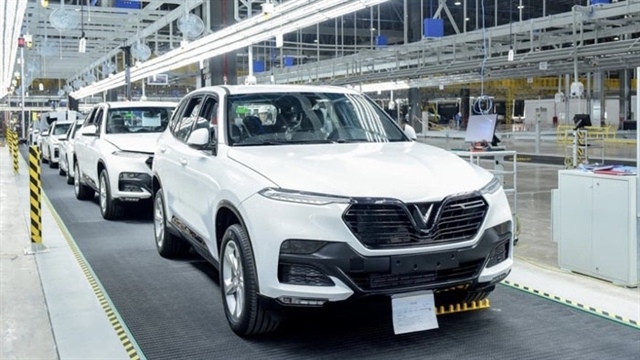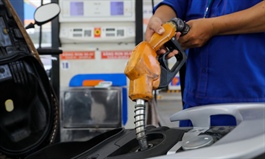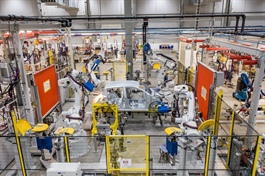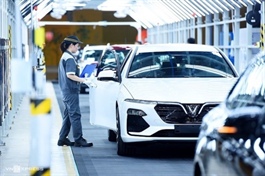Positive signals for domestic auto assembly, production
Positive signals for domestic auto assembly, production
In a positive signal for its automobile assembly and production, Vietnam’s imports of auto components and spare parts have grown strongly in recent months.
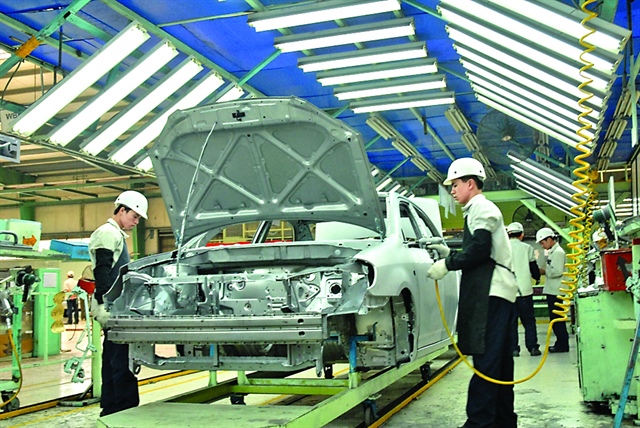
Many Vietnamese enterprises have participated in the global automobile production chain |
Increased imports
According to the General Department of Vietnam Customs, about US$329 million were spent on importing auto components and spare parts in August, a drop of US$92 million compared to the previous month. But import turnover of auto components and spare parts in the first eight months of 2021 totaled US$3.38 billion, a year-on-year increase of 48.9 percent.
The Republic of Korea, Japan, Thailand, India and China accounted for nearly 81 percent of Vietnam’s total import turnover of components and spare parts in August, reaching US$265 million.
Despite the complicated developments of Covid-19, auto assembly and production continues to thrive. In the first seven months of the year, about 185,300 cars were produced or assembled in Vietnam, an increase of nearly 40 percent compared to a year ago. On average, 838 new cars were finished every day nationwide. During the reviewed period, the number of imported completely-built-up (CBU) vehicles was estimated at around 98,000.
The favorable figures reflect the many preferential policies for auto assembly and production that have come into effect. Not only have various models of popular brands been assembled in the country, once Covid-19 is brought under control, sales of domestically produced cars are expected to increase in the final months of the year.
|
Towards autonomous production
According to the Ministry of Industry and Trade, car assemblers and manufacturers have gradually asserted their role and position in the domestic market, with the number of domestically produced cars increasingly rapidly in the past two years.
Vietnam currently has more than 40 enterprises operating in the field of auto assembly and production. Data from the Vietnam Register show that the number of domestically assembled and produced cars increased from 287,586 in 2018 to 323,892 in 2020. Many Vietnamese enterprises have participated in the global automobile production chain. Accordingly, the country’s total designed assembling capacity is about 755,000 vehicles per year, of which foreign-invested firms account for about 35 percent.
Over the past three years, assembly and production of cars with nine or fewer seats have met about 70 percent of domestic demand. Some types of light trucks weighing less than seven tonnes, passenger cars with over 25 seats and special-use vehicles have achieved high local content rates (more than 60 percent for passenger cars and 50 percent for light trucks). Domestically assembled cars are also being exported to regional markets, such as the Philippines and Thailand.
| According to the master plan on Vietnam’s automobile industry development through 2020, with a vision to 2030, auto production is a driving force to promote the country’s industrialization and modernization. |


